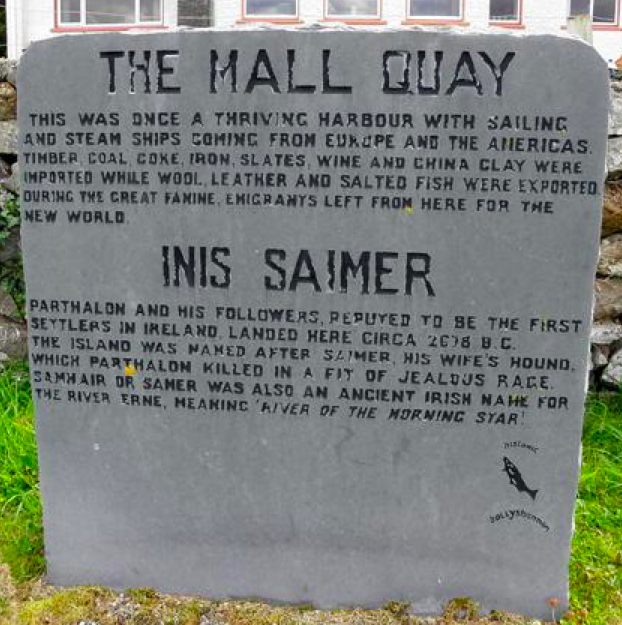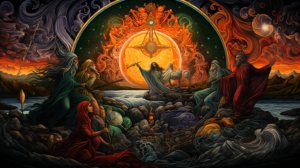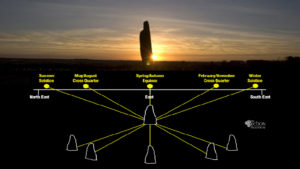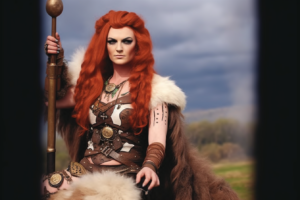“And that, without deceit, is the first judgement in Ireland: so that thence,
with very noble judgement, it is the right of his wife against Partholón.”
Lebor Gabhála Érenn §30.
The First Judgment in Ireland
This short story from the Lebor Gabhála Érenn (Book of the Takings of Ireland) illustrates the high position women held in Ireland from the earliest times. One day, the story goes, the leader of an early group of inhabitants of Ireland, Partholón, took off to survey the rich Irish landscape, leaving his wife Delgnat at home on their little island situated on a coastal inlet of County Donegal. While away, Delgnat sleeps with one of her servants, an extended kinsman of a lower grade named Topa. Adding insult to injury the adulterers share a drink from Partholón’s personal cup using his golden straw. Partholón returns from his excursion with a great thirst and calls for a drink. Placing the golden straw to his lips he instantly learns of the betrayal that had taken place. In a fit of vengeful fury he slays Topa along with Delgnat’s prized hound, Saimer.
Partholón had taken the law into his own hands and committed an offence against his wife greater than the injury he had himself suffered – justice demanded a remedy. Consulting the wisdom of a Brehon, damages were awarded against the husband in favour of the wife, thus establishing legal precedent. As restitution Delgnat claimed the island and renamed it Inish Saimer (Saimer’s Island) in honour of her dog – and it remains this name today.
While the brehon is not named outright, this judgment is recorded in the Mythological Cycle as being the first in Ireland.
“And that, without deceit, is the first judgement in Ireland: so that thence,
with very noble judgement, it is the right of his wife against Partholón.”
Lebor Gabhála Érenn §30.




